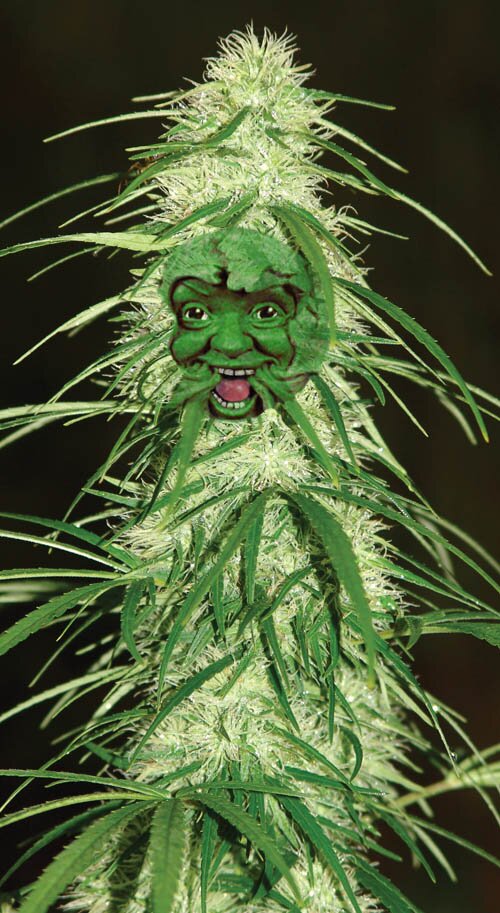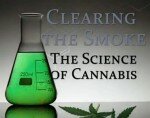Addiction is unlikely with cannabis used as a medicine. The recommended dose is usually lower than that for recreational use. High dosages of medicinal cannabis taken over a longer period may lead to addiction.
Quitting may then cause withdrawal symptoms, such as mild forms of restlessness, irritability, insomnia and nausea. Known side effects of medicinal cannabis are mood-altering effects, insomnia and heart palpitations.
Other effects are: relaxation, fits of laughter, feeling hungry, heightened sensitivity to the perception of e.g. colour and music, lethargy and distorted temporal and spatial awareness. Your reaction time may also be slower, especially during the first hours after use.
 If you take a large dose, you can get ‘high’. This is a feeling of euphoria which slowly subsides into feeling satisfied, peaceful and calm. The altered perception may cause you to feel confused. These effects usually disappear after a few hours.
If you take a large dose, you can get ‘high’. This is a feeling of euphoria which slowly subsides into feeling satisfied, peaceful and calm. The altered perception may cause you to feel confused. These effects usually disappear after a few hours.
Addiction was historically a term used to describe a devotion, attachment, dedication and inclination. Nowadays however, the term addiction is used to describe a recurring compulsion by an individual to engage in some specific activity, despite harmful consequences to that individual’s health, mental state or social life.
In the past addiction was term that clearly referred to the use of a tolerance-inducing drug in sufficient quantity as to cause tolerance. With that definition, people can become addicted to various drugs quickly. At the same time, a non-medical definition of addiction developed. This definition referred to individuals who continued to use a particular drug despite their own best interest.
Physical dependence on a substance is defined by the appearance of withdrawal symptoms when use of the substance is discontinued. Opiates (such as Heroin), benzodiazepines, barbiturates, alcohol and nicotine induce physical dependence.
Psychological dependence is a dependency of the mind, and leads to psychological withdrawal symptoms (such as cravings, irritability, insomnia, depression, anorexia etc).
Addiction can in theory be derived from any rewarding behavior, and is believed to be strongly associated with particular areas of the brain’s reward system.
Psychological dependence does not have to be limited only to substances; even particular activities and behavioural patterns can be considered addictions, if they become uncontrollable, for example gambling, Internet addiction, computer addiction, sexual addiction/pornography addiction, shopping/spending addiction, eating, self-harm, or work addiction.












